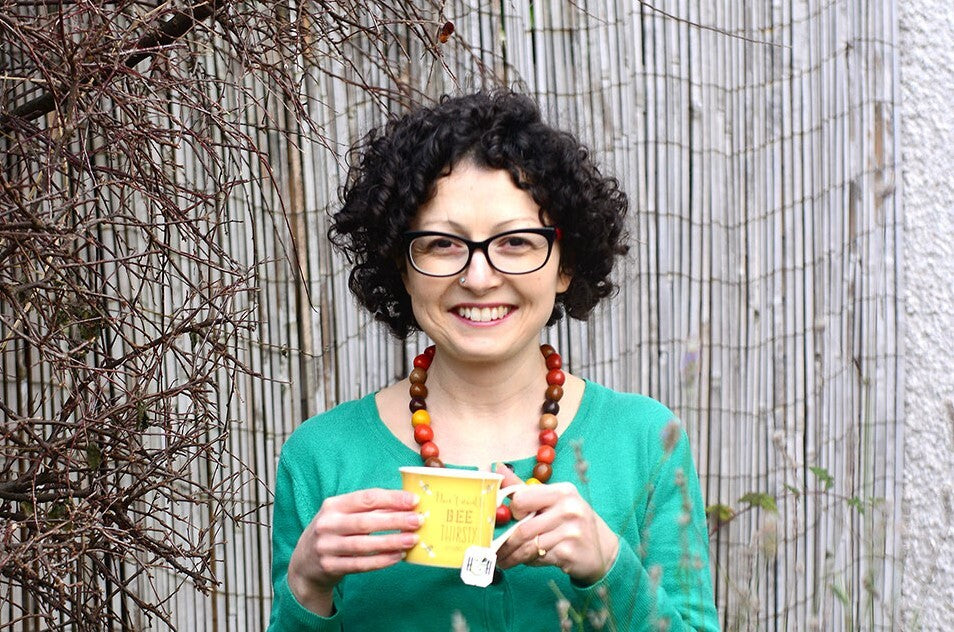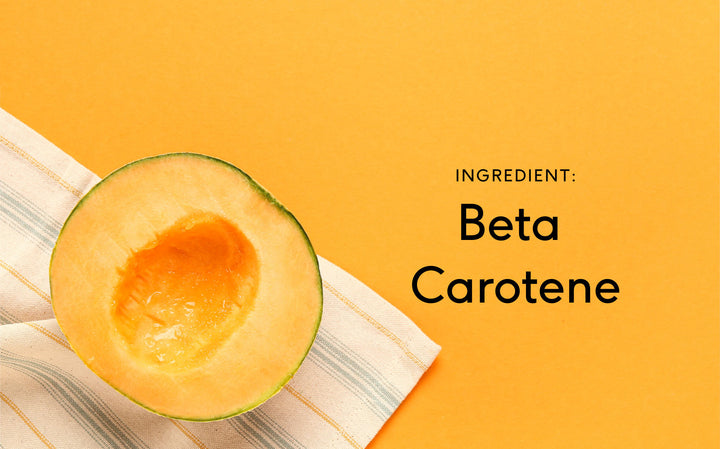Best Vitamins and Minerals for Anxiety [2023 Nutritionist Reviewed]
Karen is a registered Nutritional Therapist with a special interest in women’s health and autoimmunity. Karin now focuses on her work as an independent nutrition consultant, researching and writing nutrition-related content, from social media posts and blogs to peer-reviewed review articles.
Karen is a registered Nutritional Therapist with a special interest in women’s health and autoimmunity. Karin now focuses on her work as an independent nutrition consultant, researching and writing nutrition-related content, from social media posts and blogs to peer-reviewed review articles.
Table of contents

| Symptoms of Anxiety | Tension, inability to relax, irregular heartbeat, churning stomach, dizziness, sweatiness or hot flushes |
| What Vitamins can help with anxiety | Thiamine, Niacin, Vitamin B6, Vitamin B12, Folic Acid, Vitamin D, Vitamin A, Vitamin C and Vitamin E |
| What Minerals can help with anxiety | Magnesium, Calcium, Zinc |
| What additional ingredients can help with anxiety |
Omega-3 fatty acids, Probiotics, L- Theanine, Ashwagandha, Chamomile, Lemon Balm, Rhodiola Rosea |
| Lifestyle factors that can reduce anxiety | Mediterranean Diet, Limited Sugar, Alcohol and Caffeine intake, Cognitive Behavioural Therapy, Counselling, Exercise, Meditation, Mindful practice |
1. What is anxiety?
Anxiety is the feeling we get when we are worried or afraid. It is a normal reaction in advance of events like sitting an exam or a job interview because we want the thing to go well. If however these feelings don’t go away, this could be a sign of Generalized Anxiety Disorder.
Anxiety can present as a variety of symptoms. These could be feelings of tension, dread or an inability to relax, or physical symptoms like an irregular heartbeat, churning stomach, dizziness, sweatiness or hot flushes, amongst other things1.
Anxiety is also a symptom of other conditions including panic attacks, phobias, post-traumatic stress disorder, and social anxiety.
2. What causes anxiety?
We evolved to experience anxiety to keep us safe. When we are faced with danger, stress hormones like cortisol kick in. This is sometimes called the fight or flight response and it’s what allowed our ancestors to respond to dangers like wild animals effectively. It should be short-lived, with cortisol levels returning to normal once the danger has passed.
In the modern world however, the “dangers” we are faced with are very different. Work, family or financial pressures may not be life-threatening, but they can be constant. And a constant fight or flight state can lead to anxiety, as well as having an impact on the immune system, and health and wellbeing.
Genetics, trauma, health conditions and drug or alcohol misuse can all increase our chances of having anxiety, according to the NHS.
There’s also evidence to suggest that our diet plays a role, as will be discussed in this blog.
3. Can vitamins and minerals help with anxiety?
It has been found that a healthy, Mediterranean style diet, based on high amounts of vegetables, fruits, and unrefined wholegrains, is associated with lower levels of anxiety and depressive symptoms2. A likely reason for this is the increased amounts of vitamins and minerals this provides, compared to a typical Western diet. Vitamins and minerals are essential for all areas of health, including mental health. The best vitamins and minerals for anxiety will be discussed in more detail below.
4. What vitamins are good for anxiety?
Thiamine (Vitamin B1)
When scientists tested patients with Generalized Anxiety Disorder, they discovered they had lower than normal levels of Thiamine, the Vitamin also known as Vitamin B13 . The patients were given 100mg of the vitamin intramuscularly to correct their deficiency and their anxiety scores significantly improved, along with their appetite, energy levels, and general feelings of wellness. Some were even able to stop their anxiety medication. It was supposed that this positive effect came about thanks to Thiamine’s role in the utilisation of glucose by the nervous system. Thiamine is also required for the production of neurotransmitters, and structure and function of brain cell membranes4.
Niacin (Vitamin B3)
Niacin, also known as Vitamin B3, is actually not a true vitamin, as it can be synthesised from the amino acid, tryptophan5. Pellagra is a disease caused by deficiency in Niacin, which is generally considered rare in the modern, developed world where protein intake is adequate. However, it is interesting that some authors have connected symptoms of anxiety with a sub-clinical (less serious) level of this disease, symptoms of which includes mental disturbance6.
A case study investigating three anxiety patients found they had symptoms of sub-clinical pellagra6. In all three cases, their anxiety was resolved through supplementation of Niacin. Doses were very high - 2000-2500mg daily for 1-2 months - more than would be given to prevent pellagra and an amount that could not be achieved through diet alone. However, it should be noted that this is a significantly high dose, and at such high doses, niacin can cause liver damage. Therefore, it should only be used under close supervision of a health care professional.
Niacin has a sedative effect and works on the same brain neurotransmitters that anti-anxiety drugs work on6. In fact a review of trials found that a high dose of the vitamin worked just as well as anxiety medication and could be used to wean patients off medications that they have become addicted to6.
Vitamin B6, B12 and Folate
Pyridoxine (Vitamin B6), Folate (Folic Acid or Vitamin B9), and Cobalamin (Vitamin B12) work synergistically together. They are essential in the conversion of homocysteine to methionine which converts to S-Adenosyl methionine (SAM). SAM is required for the production of neurotransmitters including serotonin and dopamine, and for glutathione - our main antioxidant. It has also been found to have an antidepressant effect7. A lack of any of these vitamins may lead to elevated homocysteine, in turn leading to oxidative stress and issues with brain function and mood regulation7.
Vitamin B Complex
All B Vitamins are involved in brain health, acting as coenzymes for neurotransmitter production4 which means they could be helpful for anxiety. Since they work synergistically together, taking a Vitamin B Complex or multivitamin rather than individual nutrients is recommended.
Vitamin A, C, and E
Vitamin A, Vitamin C and Vitamin E are all important antioxidants. Antioxidants are important for all areas of health including brain function, as they help to reduce oxidative stress in the body. Oxidative stress has been linked to the development of anxiety, and stress has been found to increase oxidative stress, creating a vicious cycle8.
A study found that patients with anxiety or depression had lower levels of Vitamin A, C and E than healthy controls, and anxiety levels reduced when they were given supplements to correct this9.
Another study gave Vitamin C supplements to high school children, and found their anxiety levels significantly reduced compared to placebo8. As well as having an antioxidant effect, Vitamin C also plays a role in the regulation of GABA, our “calming” neurotransmitter8.
Vitamin D
Vitamin D deficiency is associated with many health conditions and is common in the Northern hemisphere, with an estimated 40% of Europeans having insufficient levels10. Depression and anxiety are among the conditions: a study found that these patients had lower Vitamin D levels than healthy controls11. Supplementation can help: a trial giving patients 1600mg of Vitamin D daily for 6 months found their symptoms of anxiety improved12.
Potential mechanisms include10:
- Vitamin D is an anti-inflammatory; reducing inflammation in the brain could have a positive effect.
- Vitamin D is an antioxidant.
- Numerous Vitamin D receptors have been found on the brain, in particular in regions known to be involved with the development of depression and anxiety.
- Low levels of Vitamin D have been associated with irregularities in the hypothalamic pituitary adrenal (HPA) axis: pathways in the body that control reactions to stress.
5. What minerals are good for anxiety?
Magnesium
Magnesium is one of our most important minerals, playing a role in over 300 functions in the body. Magnesium deficiency is associated with many health conditions including relating to brain health and mood13.
Magnesium is involved in the regulation of the HPA axis, which regulates our stress response system, and in the regulation of our “calm” neurotransmitter, GABA. When we are stressed, magnesium levels become depleted14, thus creating a vicious cycle.
A review of trials found that Magnesium supplements were helpful in the management of mild anxiety and PMS13. A range of doses were used from 46 to 600mg daily, and most trials used Magnesium Oxide which is not the most bioavailable form. The authors noted that the trials were not high-quality and further research was needed.
Calcium
Calcium is required for serotonin production and therefore may play a role in anxiety. A review of a large scale survey found 82% of American students had symptoms of anxiety, post the Covid pandemic15. But the students who had higher dietary intakes of Calcium were found to have lower levels of anxiety.
Dairy is our main Calcium source but interestingly, the same results were not found when dairy intake was compared to anxiety symptoms. This could be to do with dairy’s saturated fat content. An Australian study found that consumption of low-fat dairy products was associated with reduced stress levels, presumably thanks to the Calcium content16. But high fat dairy options were actually associated with poorer psychological wellbeing. Non-dairy food sources of Calcium include fish, green leafy vegetables, tahini or sesame seeds, and calcium set tofu.
Calcium may also benefit women suffering from PMS related anxiety17. Oestrogen affects Calcium metabolism and absorption and therefore Calcium levels may fluctuate across the menstrual cycle. PMS mood related symptoms were alleviated when the women were given Calcium supplements.
Zinc
Zinc is an important essential trace mineral which plays a number of roles in the body. One of these is its involvement in GABA and glutamate regulation, and it is also an antioxidant. A study found that participants improved their anxiety levels after being given Zinc supplements18.
6. What botanicals or other ingredients are good for anxiety?
Omega 3 fatty acids
Saturated fat may be linked to increased levels of anxiety16, but “good” fats may be beneficial for it. Omega 3 fatty acids are one of the two groups of fats considered essential fatty acids, meaning we must consume them from the diet. Omega 3 is particularly important for a range of health conditions and mood disorders, mostly thanks to its anti-inflammatory effect. A review of trials found that Omega 3 fatty acids were helpful in the treatment of anxiety when compared to placebo, and it was concluded that supplementation could be an effective treatment19. You can obtain Omega 3 from food sources by eating 3 portions of oily fish per week (e.g. sardines or mackerel). Alternatively you can opt for a fish oil supplement or vegan equivalent.
Probiotics
The gut and the brain are intrinsically linked. Gut issues can worsen when you are anxious and likewise a healthy gut can be supportive of a healthy mind. Ensuring we have good levels of healthy gut bacteria can help, through a fibre-rich diet, or where necessary, a probiotic supplement. A systematic review of trials found support for the use of probiotics in the treatment of anxiety and depression symptoms20. However, the benefits of probiotics for anxiety do depend on the particular strains, which is why some clinical trials find benefits and others don’t.
L-Theanine
Tea is often thought to be calming and in part this is thanks to its content of L-Theanine: a non-protein amino acid that has been found to promote feelings of calm through its action on neurotransmitters like GABA and serotonin.
A 4 week trial gave participants 200mg of L-Theanine supplements daily before bed21. This is a high dose compared to tea which typically contains 8-30mg per cup. Results were positive: anxiety levels, sleep, and cognitive function all considerably improved compared to placebo, and the supplements were found to be safe and well complied with.
Ashwagandha
Ashwagandha is a well-researched adaptogen, meaning it can regulate physiologic processes and help the body cope with emotional stress and anxiety. A systematic review of 62 abstracts and five human trials concluded that supplementing daily with Ashwagandha resulted in greater score improvements than placebo in outcomes on anxiety or stress scales. In a more recent study, eight weeks supplementation of Ashwagandha root extract (240 milligrams (mg)) was associated with a significant reduction of stress levels in individuals and improved the overall quality of life.
Chamomile
Chamomile is well known for its ability to promote relaxation and aid sleep, and has been used since the times of ancient Egypt, Greece and Rome. And modern research is now available to back this up. A trial investigating Chamomile’s effect on patients with Generalized Anxiety Disorder found anxiety and psychological wellbeing scores were better after 8 weeks of supplementation with Chamomile when compared to placebo22.
Lemon Balm
Lemon Balm is a member of the mint family and has been used for its sedative effect for thousands of years. More recently a number of studies have found it to have an anti-anxiety, calming effect. One of these studies used it to help patients undergoing coronary artery bypass surgery, since anxiety and poor sleep often follows the surgical procedure23. After taking 500mg of Lemon Balm supplements for 3 days, the participants reduced their anxiety levels by 49% and improved their sleep by 54%, and this was better than a placebo group. The authors concluded this would be a better option than anxiety medication which often induce side effects.
Rhodiola Rosea
Rhodiola Rosea is an adaptogenic herb that grows in the northern latitudes, it’s been traditionally used in Russia, China and elsewhere for thousands of years, to treat a range of health conditions, including anxiety, depression and insomnia. A number of studies have been carried out to investigate its effectiveness. One study used 340mg of the herb daily for 10 weeks and reported that participants significantly lowered their anxiety levels24. The authors noted that it was safe with few side effects, which contrasts with anxiety medications. They also noted that 40% of people don’t respond to anxiety medications concluding that this herb could provide a useful alternative for these individuals.
7. When is best to take vitamins and minerals for anxiety?
It’s best to aim for a healthy, nutrient dense diet all of the time rather than waiting until you have symptoms of anxiety. That’s because, as we have seen, the vitamins, minerals and other nutrients found in fish, meat, vegetables, fruits, legumes, nuts and wholegrains, can support your mental health and therefore act as a preventative measure. Feel’s multivitamin can be taken on an ongoing basis if you don’t get all of your nutrients from food sources; take it daily, with breakfast.
8. When is best to take additional ingredients for anxiety?
Omega 3 fatty acids are an essential nutrient, which again should be taken all of the time as a preventative measure. This can be from food sources (oily fish) or a fish oil supplement or vegan equivalent. Supplements should be taken daily, with food. Probiotics could be taken if you don’t get a lot of fibre in your diet or to give your gut an extra boost at times of need. Herbal products like those discussed above can be explored if you are experiencing anxiety. In this case it’s best to first seek medical advice, or advice of a herbalist or nutritional therapist, to find out the best supplements for you.
9. Are there any other dietary or lifestyle factors that can help reduce anxiety?
A Mediterranean style diet based on fresh vegetables, fruits, wholegrains, legumes and fish can provide us not only with the micronutrients we need but also adequate protein and amino acids, as well as the right sorts of fats, along with fibre for a healthy gut and also for blood sugar control.
As highlighted by Mind alcohol, recreational drugs, caffeine and sugar should be limited as these can all have a negative effect on mental health. Food intolerances and allergies can also be a factor that you may like to discuss with a healthcare provider or nutritional therapist. Staying hydrated can also help.
Some people have found regular exercise, meditation or mindfulness practice a helpful way to manage their anxiety. Counselling or Cognitive Behaviour Therapy may also be beneficial and may be available through your GP.
For more helpful ideas take a look at the Mind website.
10. How much vitamins and minerals do I have to take to reduce anxiety?
If you are taking vitamins and minerals as a preventative measure and general health benefits, then you can take an amount in line with the Nutrient Reference Intake. As discussed, some trials have used extremely high doses of nutrients and this may sometimes be required, but should always be done under the supervision of a healthcare provider or nutritional therapist.
11. How long does it take for the ingredients to work for reducing anxiety?
Trials have varied in length and it depends on the ingredient in question and the dose. Some trials have found results after as little as 3 days.
12. Possible side-effects of taking supplements for reducing anxiety?
Generally the supplements discussed here are considered very safe with much lower side effects than anti-anxiety medication, and authors of the studies have recommended they be considered for this reason. Side effects are a common issue for people taking anti-anxiety medication and supplements may help to wean people off them if they have become addicted. However it is always best to seek the advice of a nutritional therapist or healthcare provider, especially before taking supplements in very high doses which are often used in trials.
13. Are there any interactions or contraindications with ingredients for anxiety?
Caution should be taken when taking any supplements that have a sedative effect if you are taking medication with a similar effect. And again, please inform your doctor before taking any supplements for anxiety, especially if you are on medication.
References
- https://www.mind.org.uk/information-support/types-of-mental-health-problems/anxiety-and-panic-attacks/symptoms/
- https://pubmed.ncbi.nlm.nih.gov/30945032/
- https://www.scirp.org/pdf/ijcm20110400012_74168399.pdf
- https://www.ncbi.nlm.nih.gov/pmc/articles/PMC4772032/
- https://www.sciencedirect.com/topics/agricultural-and-biological-sciences/niacin
- https://www.researchgate.net/publication/242775707_Supplemental_Niacinamide_Mitigates_Anxiety_Symptoms_Three_Case_Reports
- https://www.ncbi.nlm.nih.gov/pmc/articles/PMC4290459/
- https://pubmed.ncbi.nlm.nih.gov/26353411/
- https://pubmed.ncbi.nlm.nih.gov/23226848
- https://pubmed.ncbi.nlm.nih.gov/36097104/
- https://pubmed.ncbi.nlm.nih.gov/26680471/
- https://pubmed.ncbi.nlm.nih.gov/32945627/
- https://www.ncbi.nlm.nih.gov/pmc/articles/PMC5452159/
- https://pubmed.ncbi.nlm.nih.gov/16955721/
- https://www.ncbi.nlm.nih.gov/pmc/articles/PMC8877188/
- https://pubmed.ncbi.nlm.nih.gov/20460228/
- https://pubmed.ncbi.nlm.nih.gov/10763903/
- https://journals.sagepub.com/doi/pdf/10.4137/NMI.S6349
- https://jamanetwork.com/journals/jamanetworkopen/article-abstract/2702216
- https://www.sciencedirect.com/science/article/abs/pii/S0271531716301154
- https://www.ncbi.nlm.nih.gov/pmc/articles/PMC6836118/
- https://www.ncbi.nlm.nih.gov/pmc/articles/PMC3600416/
- https://www.sciencedirect.com/science/article/pii/S1876382018309892
- https://pubmed.ncbi.nlm.nih.gov/18307390/

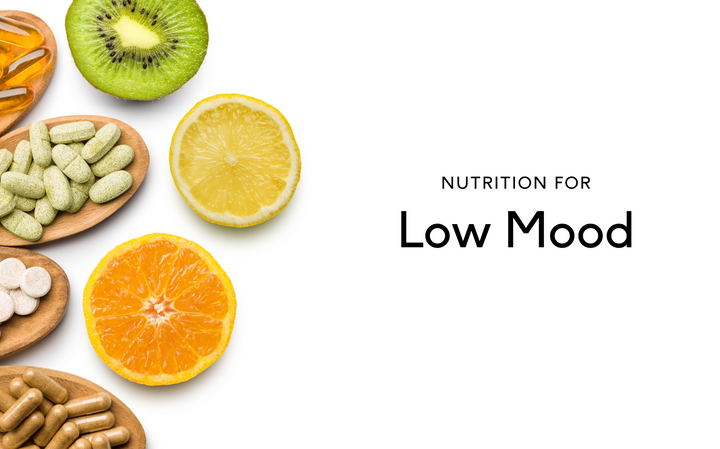
Best Vitamins and Minerals for Low Mood [2023 Nutritionist Reviewed]





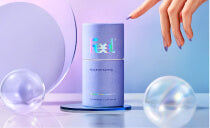





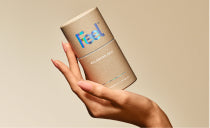





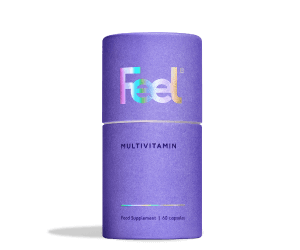
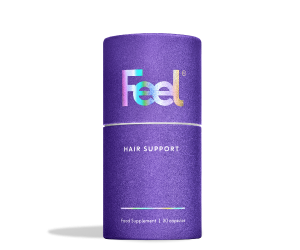
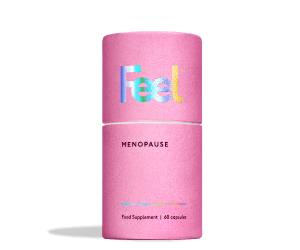
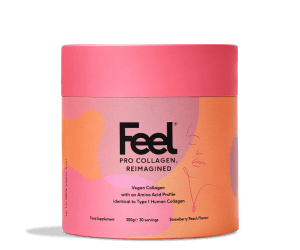
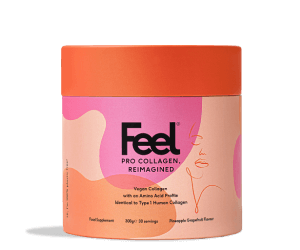
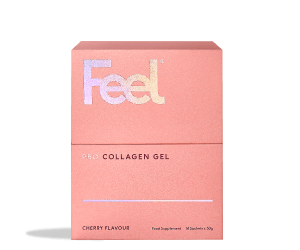
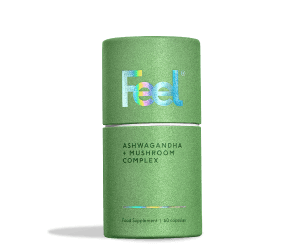
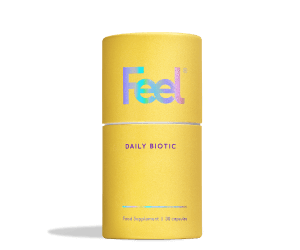
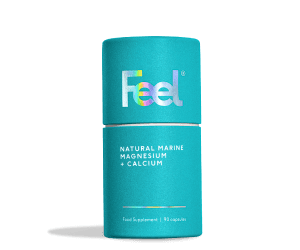
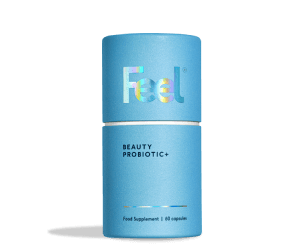
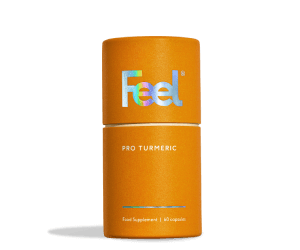
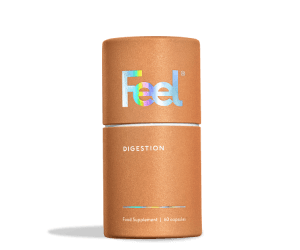
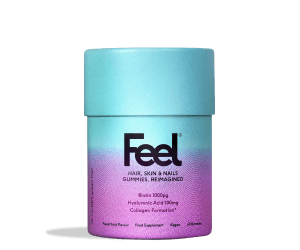
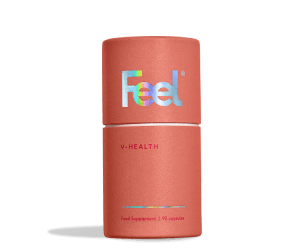

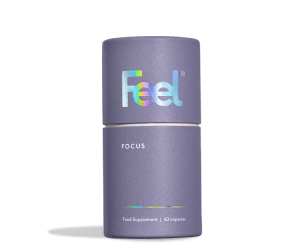
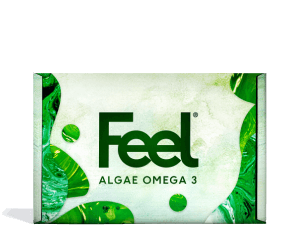
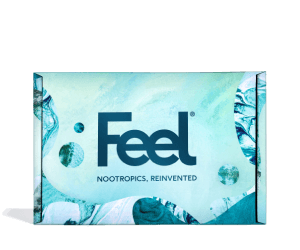
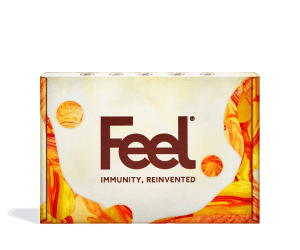
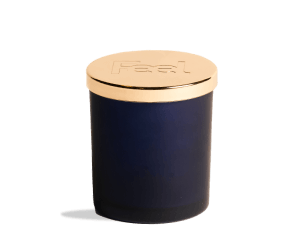
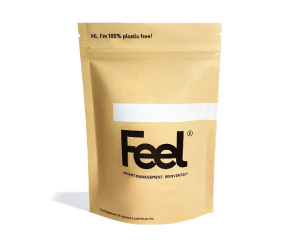

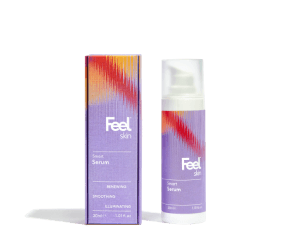




 Back
Back
